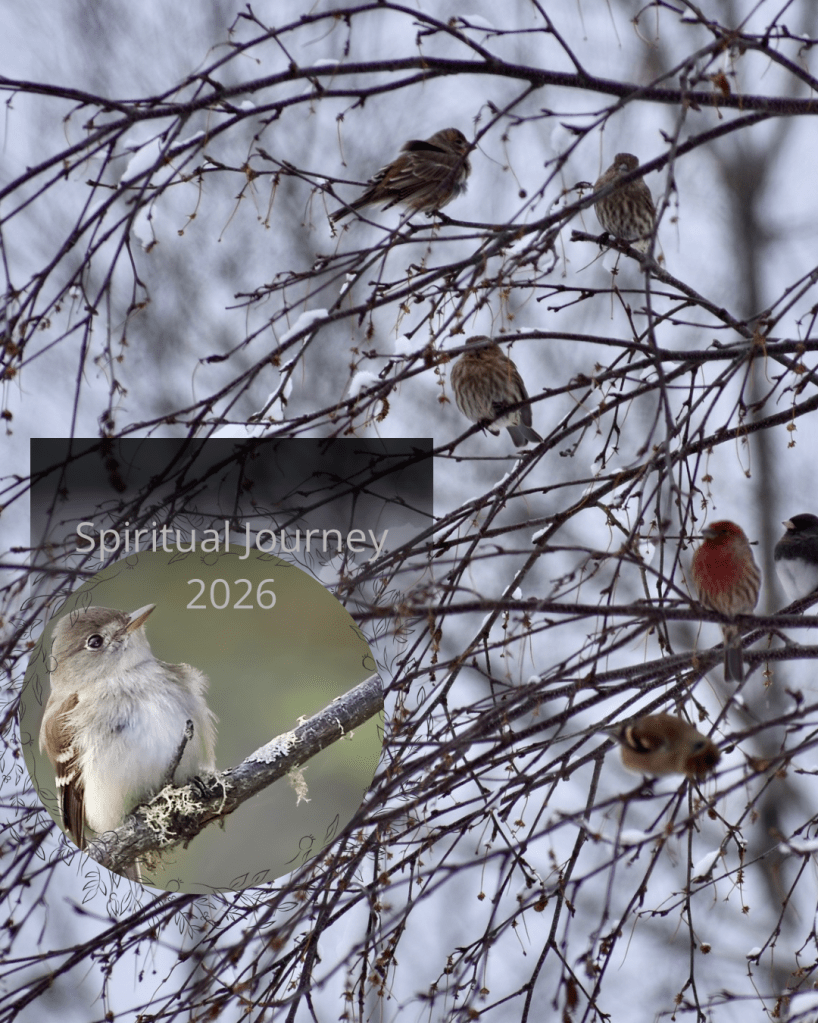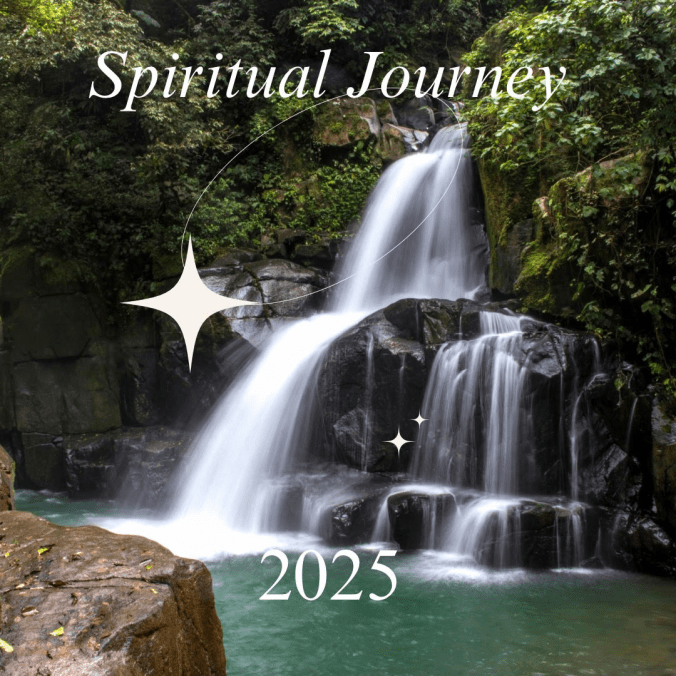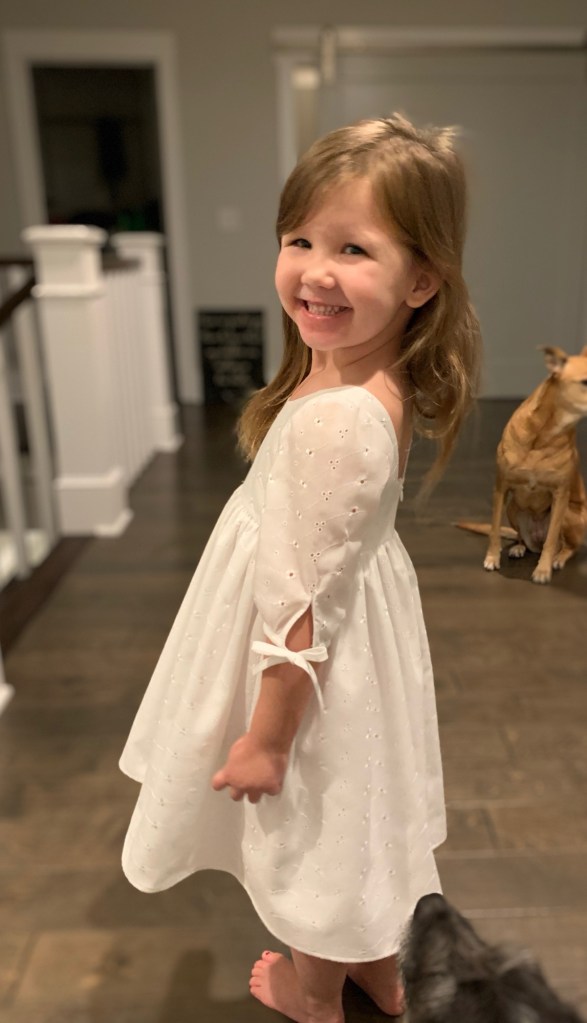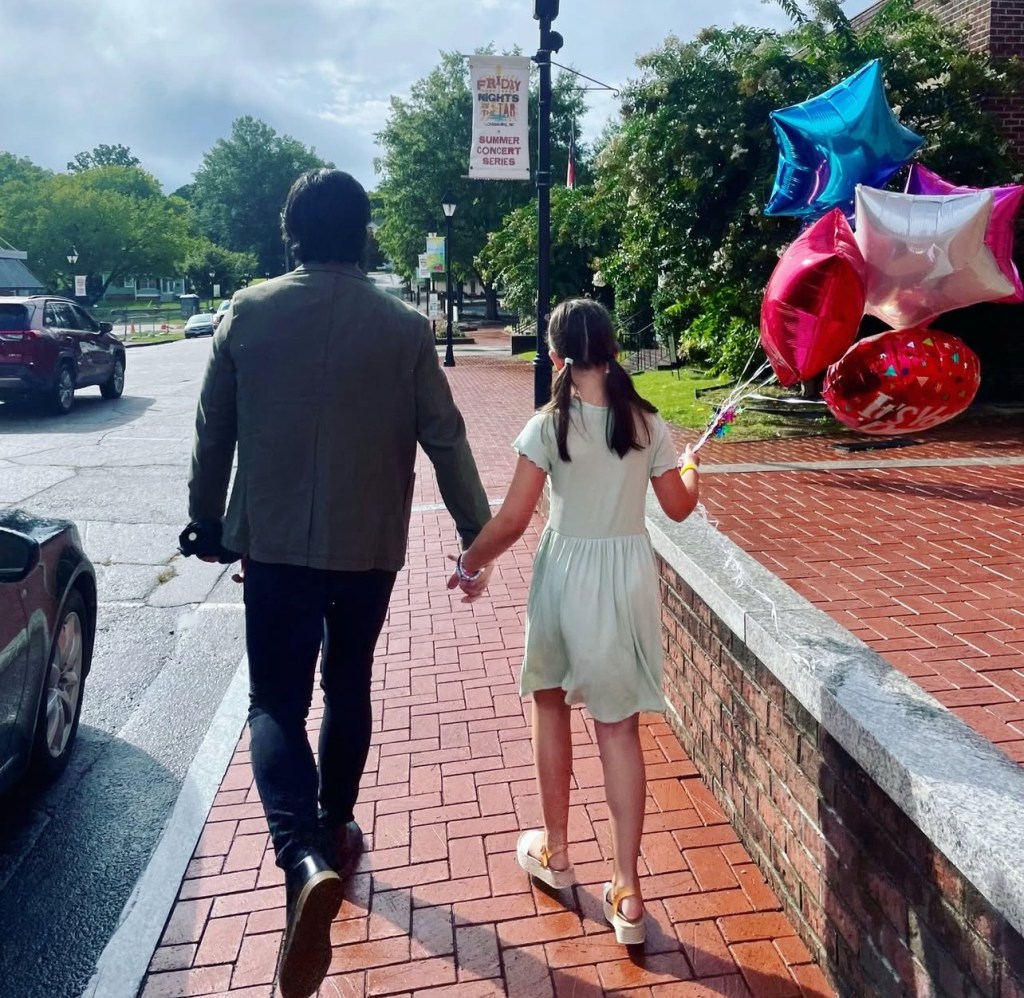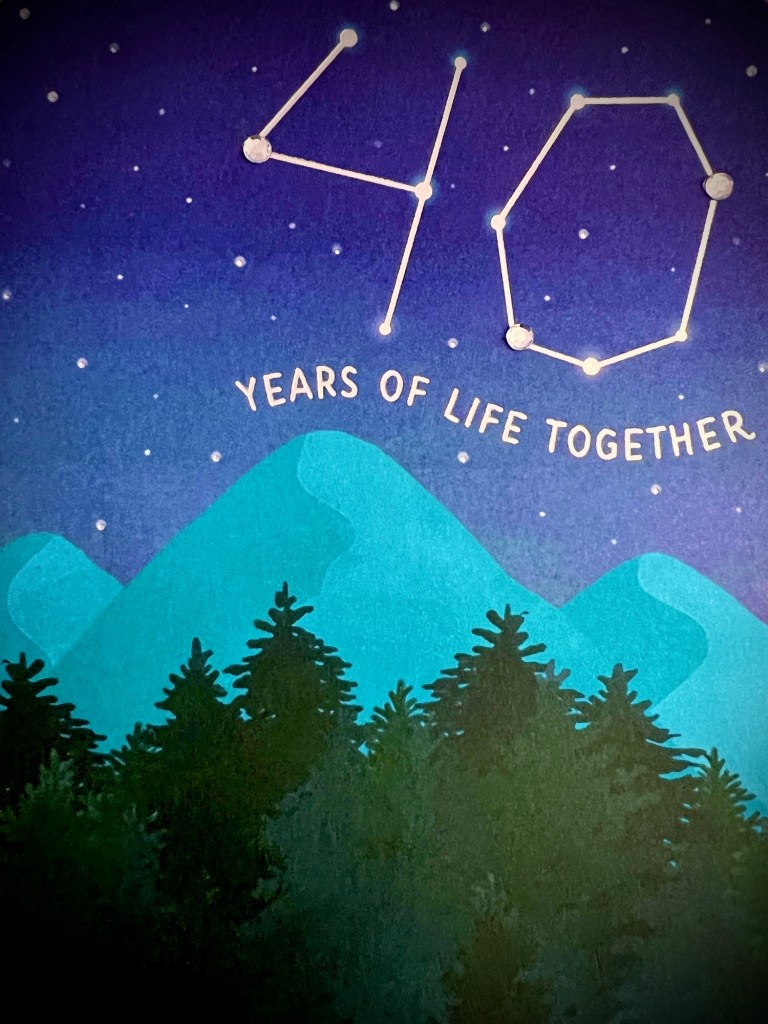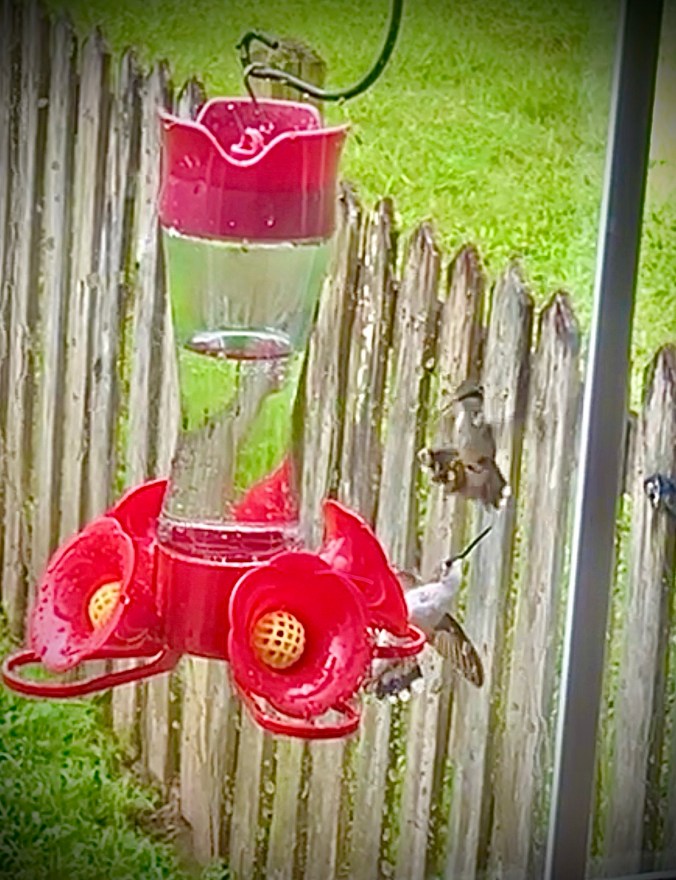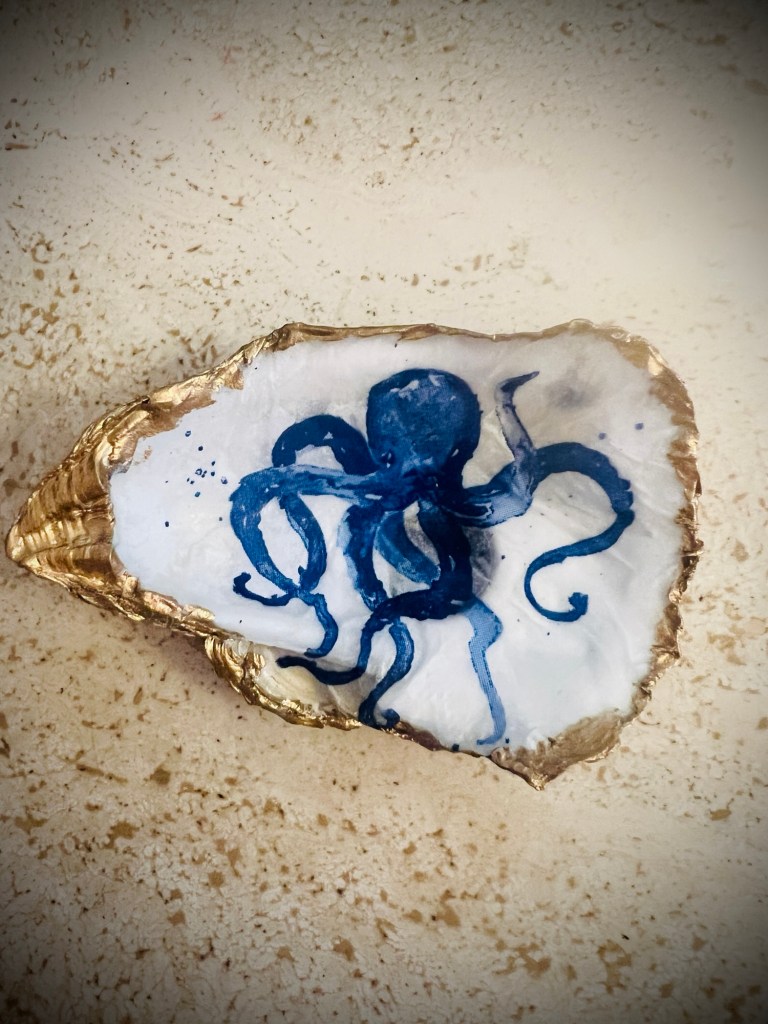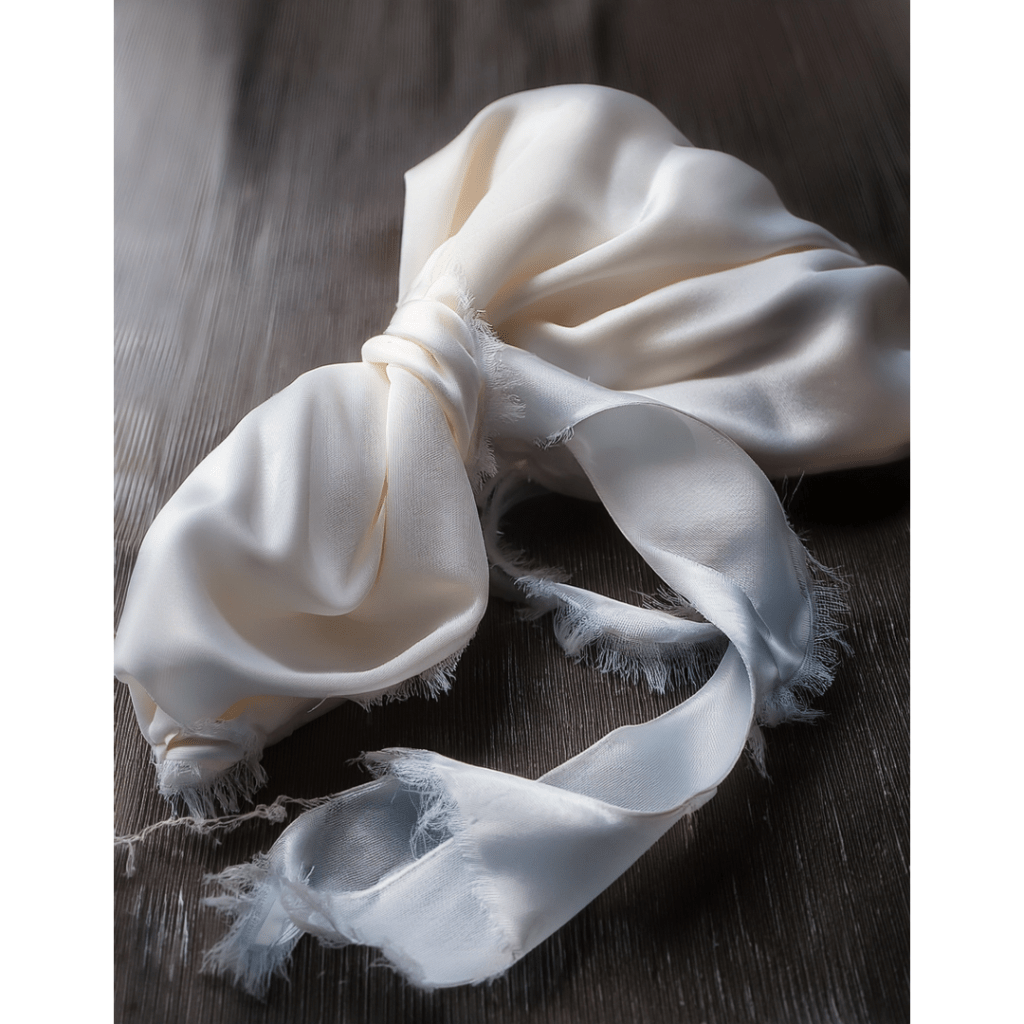When I was a child, my mother painstakingly cross-stitched the Serenity Prayer on fine Aida cloth and framed it:
GOD
Grant me the serenity
to accept
the things in life
I cannot change
courage to change
the things I can
and wisdom to know
the difference.
This hung in the living room until long after I left home. My mother’s handiwork was superb. Meticulous. She was a seamstress. For many years she made clothes for people at our home. They would bring their patterns and their fabrics. She’d spread the cloth across our kitchen table, carefully pin the fragile paper patterns, mark, and cut. I hear her scissors slicing even now (the scissors that must NEVER be used for anything else or by anyone else). Her Singer sewing machine often ran late into the night, after I’d gone to bed, before my father returned home from work. Sometimes she played gospel albums on the stereo—in the 1970s, a large piece of wooden furniture on four legs with album storage and a turntable inside. My mother had purchased those albums at church when the various music artists and groups came to perform and sold their records. I wonder now how she afforded this on the pittance she charged people for making their clothes.
I would hear the music as I drifted off to sleep, in complete peace.
Many years would pass before I’d think in depth about the songs and the cross-stitched prayer. It was a long time before I recognized the expression on my mother’s face in family pictures from that era: Blank. Unsmiling. Eyes often looking away from the camera. Cigarette in hand.
Her health wasn’t good, of course. She had ongoing back troubles from a ruptured disk: when I was three, she slipped on a throw rug and fell while holding my baby sister. I’d come home from elementary school and she’d be sitting “in traction” in a chair against the bedroom door, with her chin in a harness and the tight strap somehow attached over the door top. She had allergies (and passed them down). One of her eardrums burst. She always had difficulty hearing, and as much as she loved the gospel music and wanted to sing in the church choir, she was tone deaf.
She had a lot of prescriptions. Once, when I was maybe eight or so, I climbed on the kitchen countertop to get something out of the top of a cabinet. My mother’s prescription bottles were in a plastic box on one of the shelves. Many, many bottles. I forgot what I was trying to get and started reading the labels. The only one I can remember now is Librium.
It didn’t mean anything to me then. When you’re a kid, you shrug and go on. Your norm is your norm. Now I know that Librium was widely prescribed at the time for several things, mainly alchohol withdrawal (my mother didn’t drink) and anxiety. Daily stress. Not manufactured anymore, it was a longer acting form of Xanax, supressing the central nervous system, with side effects of drowsiness and confusion. And it was only one of her many prescriptions…
I’ve sometimes described my childhood as an emotional desert. Not necessarily unhappy, just…disconnected. My father was usually away at work, even on holidays, when he could make in a couple of days almost what he earned in a typical week. My mother was often detached (was it the medications? Depression?). I am sure she felt trapped. She didn’t have a driver’s license. If she came to school to be my room mother, she walked. We walked to church or took the church bus on Sunday mornings, or depended on a neighbor in bad weather. Once the neighbor forgot us. Mom had my sister and me dressed and ready; we stood watching the street through the picture window until Mom knew it was too late. “We’ve been forgotten,” she said. Tears rolled down her cheeks.
God grant me the serenity to accept the things in life I cannot change…
When I gave my testimony during a recent worship service, I spoke of my mother and how she took me to church when I was small. It set the foundations of my faith, which almost disappeared in my rebellious teenage years; God, in his vast mercy, would call me back (“his steadfast love endures forever”). If you’ve read my blog before, you know that my mother’s mental health spiraled downward after I married and left home. After one shattering incident in the presence of my young children, I told her she had to get help or the boys and I could not be around her.
She said she would.
She couldn’t change. Or wouldn’t. Our relationship was lost. At least in this life, on this earth.
Perhaps you do not know that there’s more to that familiar portion of the Serenity Prayer, so beautifully stitched by my mother in those long-ago years before the seeds of destruction grew to bear such terrible fruit:
Living one day at a time,
Enjoying one moment at a time,
Accepting hardship as the pathway to peace,
Taking, as He did, this sinful world as it is,
Not as I would have it,
Trusting that He will make all things right
if I surrender to His Will,
That I may be reasonably happy in this life,
And supremely happy with Him forever in the next.
Amen.
I imagine Mom, despite all the hardship, supremely happy with the Lord, her pain and suffering in this world not even a memory now. She would know that I forgave her long ago for the deep pain she caused me. In the Lord’s presence, she would have forgiven the separation I chose in order to survive.
One more thing. Prayers end with Amen, my chosen “word” of the year. I wrote about it in last month’s Spiritual Journey post. Amen means so be it or truly, signifying acceptance. The first time it appears in Scripture, curiously, is in the book of Numbers when a priest declares a curse on a woman for committing adultery. She says Amen, Amen, accepting the punishment.
It so happens that my mother’s given name is a form of verily, meaning truly, from the same Hebrew root as amen. When my pastor son gave me a necklace engraved with Amen for Christmas, I doubt he knew the depth of meaning it held for me. So be it. Truly. I accept it all, Mom. I cannot change it now. And I am grateful to the end of my days for every good and loving thing you did for me.
And I pray, not for serenity, but definitely for courage, daily striving to see and surrender to His will. I pray that my words, actions, and choices will help, and not harm, others.
God grant me wisdom, indeed.
Amen.
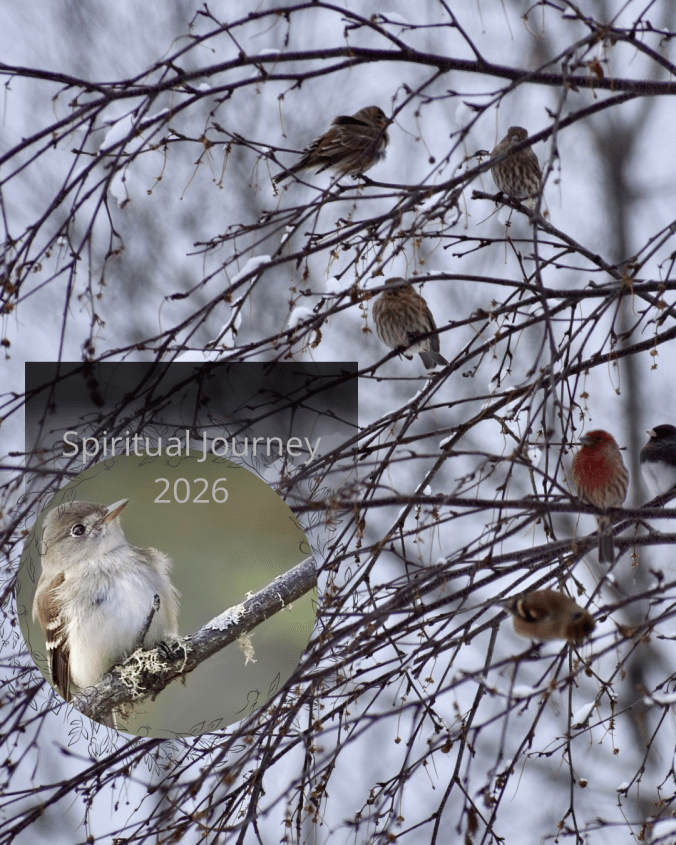
with thanks to my fellow Spiritual Journey writers and Bob Hamera for hosting this month on a theme of “attitude.” While I didn’t write around the word specifically, my hope is that it’s evident in this particular portion of my own spiritual journey.
